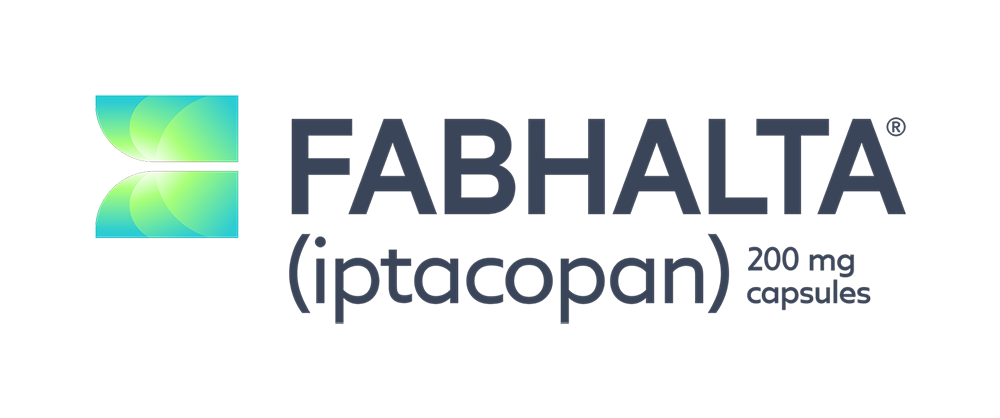With twice-daily oral dosing, FABHALTA gives your adult patients an option without the need for infusions
200-mg capsule
FABHALTA can be taken without regard to food
No refrigeration requirement*
Patients should swallow capsules whole. Do not open, break, or chew capsules
*Store at 20°C to 25°C (68°F to 77°F); excursions permitted between 15°C and 30°C (59°F and 86°F).1
No need to schedule infusion appointments or travel to infusion centers
No potential for injection-site reactions
No loading dose or dose adjustment required
If a dose or doses are missed, advise your patient to take 1 dose of FABHALTA as soon as possible (even if it is soon before the next scheduled dose) and then to resume the regular dosing schedule.
Information for use
To reduce the potential risk of hemolysis with abrupt discontinuation of other PNH therapies:
For patients switching from eculizumab, initiate FABHALTA no later than 1 week after the last dose of eculizumab
For patients switching from ravulizumab, initiate FABHALTA no later than 6 weeks after the last dose of ravulizumab
There is no available information regarding time frame for initiation of FABHALTA after other PNH therapies.
Concomitant use of CYP2C8 inducers (eg, rifampin) may decrease FABHALTA exposure, which may result in loss of or reduced efficacy of FABHALTA. Monitor the clinical response and discontinue use of the CYP2C8 inducer if loss of efficacy of FABHALTA is evident
Concomitant use of strong CYP2C8 inhibitors (eg, gemfibrozil) may increase FABHALTA exposure, which may result in an increased risk of adverse reactions with FABHALTA. Coadministration with a strong CYP2C8 inhibitor is not recommended
Those who are breastfeeding:
Because of the potential for serious adverse reactions in a breastfed child, breastfeeding should be discontinued during treatment with FABHALTA and for 5 days after the final dose
Those with hepatic impairment:
FABHALTA is not recommended in patients with severe hepatic impairment (Child-Pugh class C). No dose adjustment is required for patients with mild (Child-Pugh class A) or moderate (Child-Pugh class B) hepatic impairment
Monitoring of PNH Manifestations After FABHALTA Discontinuation
After discontinuing treatment with FABHALTA, closely monitor patients for at least 2 weeks after the last dose for signs and symptoms of hemolysis. These signs include elevated lactate dehydrogenase (LDH) levels along with sudden decrease in hemoglobin or PNH clone size, fatigue, hemoglobinuria, abdominal pain, dyspnea, major adverse vascular events (such as thrombosis, stroke, and myocardial infarction), dysphagia, or erectile dysfunction. If discontinuation of FABHALTA is necessary, consider alternative therapy.
If hemolysis occurs after discontinuation of FABHALTA, consider restarting treatment with FABHALTA, if appropriate, or initiating another treatment for PNH.1
FABHALTA can fit into your patients’ lifestyles1

![“I take one [capsule] two times a day. It’s easy to travel with. It’s made my life feel more normal and it’s made me able to say yes to things” – Kim, patient taking Fabhalta. Compensated for her time by Novartis. Individual results may vary.](https://usim.beprod.fabhalta-hcp.com/sites/fabhalta_hcp_com/files/styles/common_width_927/public/2025-05/pnh_patient_quotes_desktop_042925_7.png?itok=K0Vuugnw)